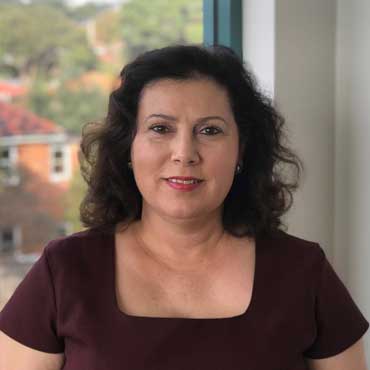SPECIAL
DISABILITY
TRUSTS
You love and care for your family members with special needs, a Special Disability Trust can be the peace of mind you’ve been looking for:
Overview
Special disability trusts (SDT) were introduced in 2006 are part of a government scheme to provide further benefits to assist in the care of individuals who have severe disabilities. These trusts are a valuable option to consider when planning for the long-term care and accommodation needs of a loved-one with a severe disability.
In the right situation, a SDT can be extremely beneficial, due to the welfare benefits and tax concessions. These can all be very complicated and that is where we can assist you.
Our areas of expertise
Ready to talk?
FAQ’s with SDT’s
Helpful Resources
- Model Trust Deed https://www.dss.gov.au/disability-and-carers-publications-articles/model-trust-deed-for-special-disability-trusts
- Department of Social Services – Special Disability Trust Q&As: https://www.dss.gov.au/sites/default/files/documents/01_2015/8_special_disability_trusts_questions_and_answers_0.pdf
- Disability Support Pension https://www.humanservices.gov.au/individuals/services/centrelink/disability-support-pension
- Carer Allowance https://www.humanservices.gov.au/individuals/services/centrelink/carer-allowance
- Gifting to an SDT https://www.humanservices.gov.au/individuals/topics/non-medical-rules-disability-support-pension/51251/income-and-assets-tests/assets/gifting
- Social Security Means Test https://guides.dss.gov.au/guide-social-security-law/4/14/3/40



